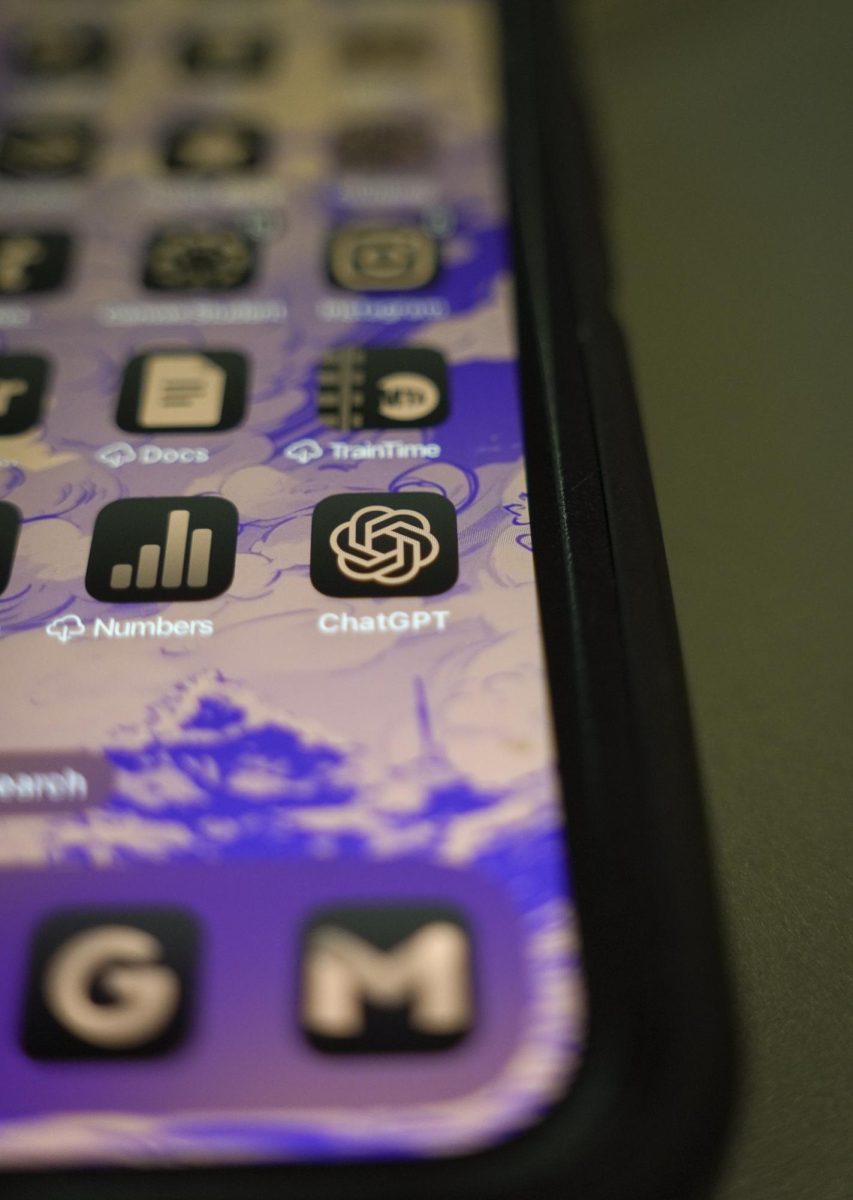
Wyatt Campuzano '27
Artificial intelligence is changing education. It is offering powerful tools to AFS students and teachers. In my opinion, to use AI well, AFS should create a policy which encourages responsible use and prevents unhappy issues.
When used wisely, AI can help learning. For students, it helps with organization and understanding. Students in our English class are asked to use AI to plan our Frankenstein project, to come up with more ideas and finish efficiently. Another classmate, who studies Spanish, used AI to create practice questions. They were much better than unreliable online resources.
For teachers, AI saves time. A classmate noted how Middle School Math Teacher Lota Castro-Anderson used AI to grade quickly, speeding up feedback and allowing more focus on individual help. AFS should support these uses of AI.
However, AI can be misused. Copying answers from ChatGPT becomes a big issue for honesty. Overusing AI will also weaken critical thinking. AFS must tackle these risks to keep AI as a learning tool.
I spoke with Upper School Director Brendon Jobs, and he said, “I find that AI helps me save a lot of time and I use [it] during daily work. The only thing we should worry about is academic honesty.”
AFS should set clear rules: students can use AI for ideas or to clarify questions, but not copy answers.
For example, brainstorming with AI or checking facts is fine, but submitting AI work as their own is cheating. In presentations, students should mention AI use, though not use it for casual tasks like emails. Teachers should guide students on proper use, and the policy should align with existing cheating rules.
If used responsibly, AI can enhance education as a tool for planning, studying, and grading. Viewing misuse as cheating will make AI a valuable partner for students and teachers.